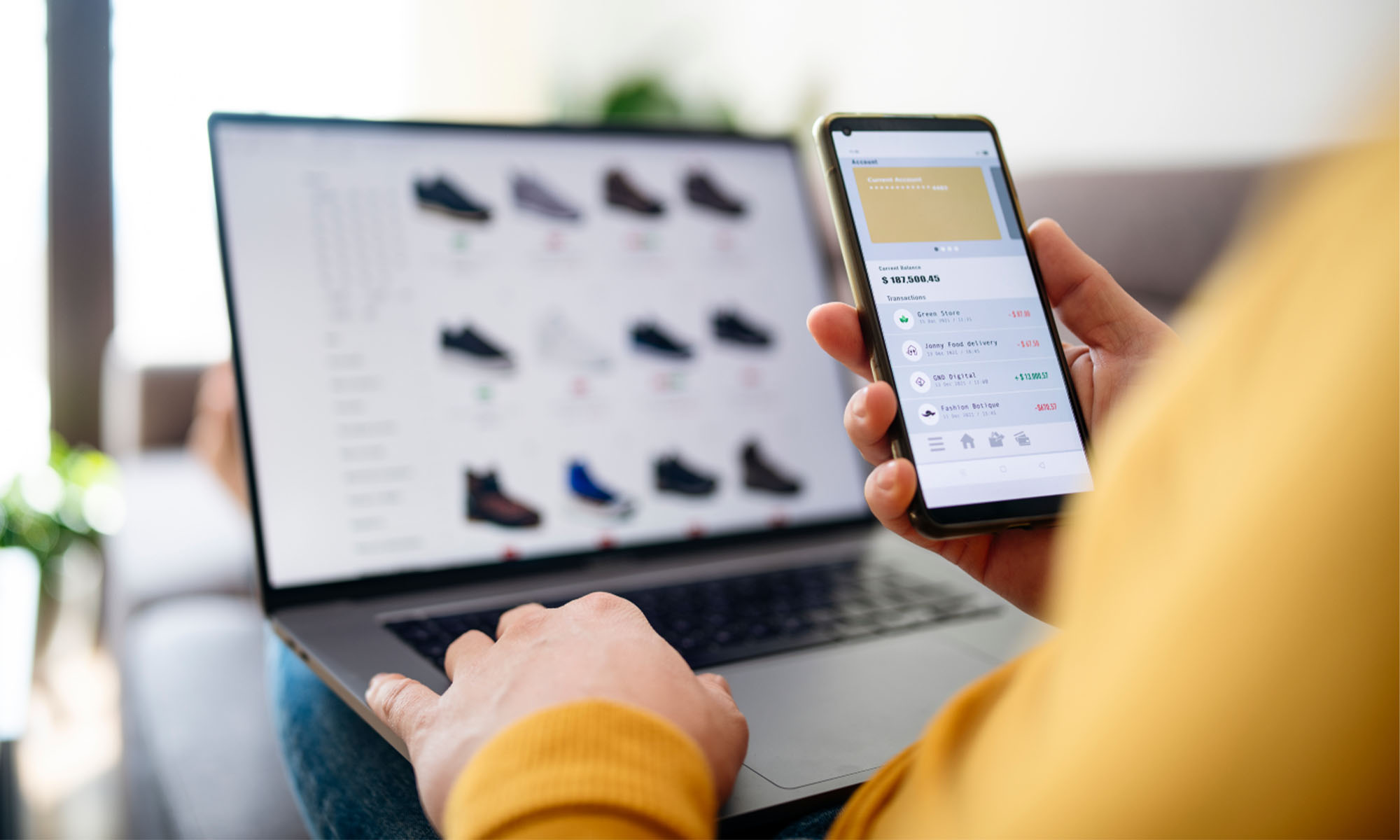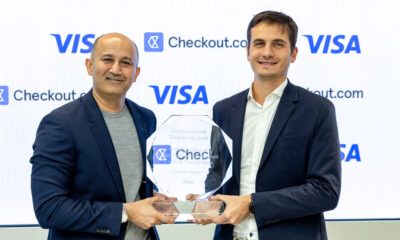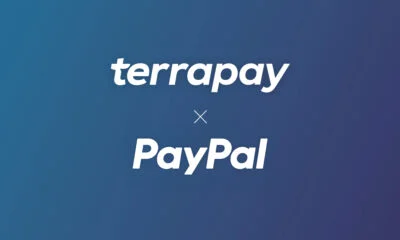News
Study Shows Gen Alpha’s Growing Impact On The Digital Economy
Tech-savvy children aged 8-15 are reshaping global shopping and payment trends through their heavy use of social commerce and digital tools.

A new study commissioned by Checkout.com, a global leader in digital payments, shines a spotlight on Generation Alpha (kids aged 8-15) and their increasing role in shaping the digital economy. Conducted across the UAE, UK, US, and China, the research dives into how these young consumers are influencing spending trends and reshaping commerce through technology and social media.
UAE’s Gen Alpha: Online Shopping And Gaming Enthusiasts
In the UAE, Generation Alpha is particularly adept at navigating today’s digital-first economy. The research reveals their heavy reliance on social platforms for shopping, with younger buyers gravitating toward social commerce. While 54% of millennials tend to stick to direct-to-consumer websites, 51% of Gen Z prefer shopping directly through social media.
The gaming sector is another area where the UAE’s young consumers are taking the lead. Children in the UAE spend 47% of their allowances on e-gaming, far surpassing the 28% spent by their peers in the UK, US, and China.
High-Value Purchases On The Rise
Parents’ spending on high-end items is soaring too. The report notes a 46% surge in luxury goods purchases and notable increases in home appliance and travel purchases. This trend signals a rebound in consumer confidence, particularly in recently hard-hit areas like tourism.
Interestingly, UAE kids are not just passive beneficiaries of parental spending. The study reveals that 75% of 8-year-olds and 92% of 15-year-olds in the UAE make purchases independently, often through digital platforms.
Buy Now, Pay Later Gains Traction
The research uncovers a surprising trend: a growing number of UAE children over 13 opt for “Buy Now, Pay Later” (BNPL) services. While still a small percentage (11%), this points to how younger generations are embracing alternative payment methods early on.
Global Insights: Social Commerce And Digital Influence
Globally, Generation Alpha influences about 27% of household spending, with digital purchases accounting for nearly a third of that figure. Parents increasingly buy digital products, such as educational tools and streaming services, with 47% prioritizing online learning resources.
Social media remains a dominant force in shopping habits. Across all regions, children use platforms like Instagram and TikTok to discover deals, with preferences varying slightly between countries. In the US, 57% of young shoppers rely on social media, compared to 41% in the UAE.
Physical stores, meanwhile, are becoming less popular. Just 35% of Gen Z worldwide shop in brick-and-mortar stores regularly, further underlining the shift to digital channels.
A Blueprint For Future Commerce
“Generation Alpha is playing a major role in the digital economy,” says Rory O’Neill, Chief Marketing Officer at Checkout.com. “Businesses must pay close attention to evolving customer preferences to stay competitive in this rapidly changing market”.
News
Google Releases Veo 2 AI Video Tool To MENA Users
The state-of-the-art video generation model is now available in Gemini, offering realistic AI-generated videos with better physics, motion, and detail.

Starting today, users of Gemini Advanced in the MENA region — and globally — can tap into Veo 2, Google’s next-generation video model.
Originally unveiled in 2024, Veo 2 has now been fully integrated into Gemini, supporting multiple languages including Arabic and English. The rollout now brings Google’s most advanced video AI directly into the hands of everyday users.
Veo 2 builds on the foundations of its predecessor with a more sophisticated understanding of the physical world. It’s designed to produce high-fidelity video content with cinematic detail, realistic motion, and greater visual consistency across a wide range of subjects and styles. Whether recreating natural landscapes, human interactions, or stylized environments, the model is capable of interpreting and translating written prompts into eight-second 720p videos that feel almost handcrafted.
Users can generate content directly through the Gemini platform — either via the web or mobile apps. The experience is pretty straightforward: users enter a text-based prompt, and Veo 2 returns a video in 16:9 landscape format, delivered as an MP4 file. These aren’t just generic clips — they can reflect creative, abstract, or highly specific scenarios, making the tool especially useful for content creators, marketers, or anyone experimenting with visual storytelling.
Also Read: Getting Started With Google Gemini: A Beginner’s Guide
To ensure transparency, each video is embedded with SynthID — a digital watermark developed by Google’s DeepMind. The watermark is invisible to the human eye but persists across editing, compression, and sharing. It identifies the video as AI-generated, addressing concerns around misinformation and media authenticity.
While Veo 2 is still in its early phases of public rollout, the technology is part of a broader push by Google to democratize advanced AI tools. With text-to-image, code generation, and now video creation integrated into Gemini, Google is positioning the platform as a full-spectrum creative assistant.
Access to Veo 2 starts today and will continue expanding in the coming weeks. Interested users can try it out at gemini.google.com or through the Gemini app on Android and iOS.






















